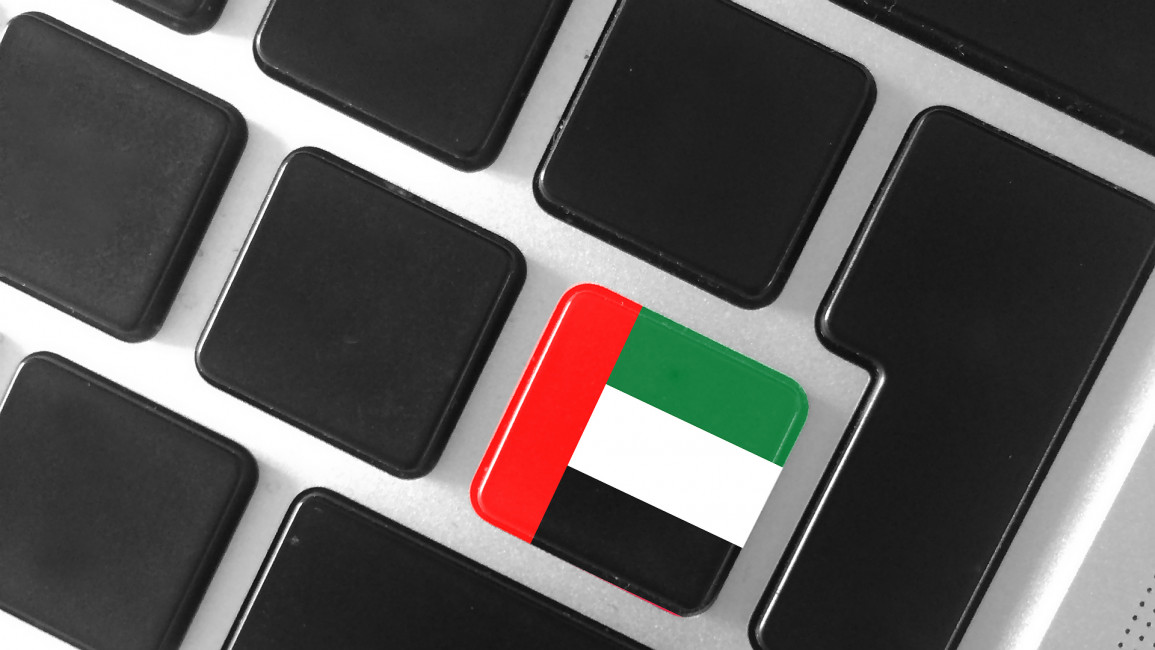Gulf states using Covid-19 pandemic to ramp-up repression: Amnesty
Gulf states are using the Covid-19 outbreak as a pretext to clampdown on free speech and criticism of government, Amnesty International said on Thursday.
The rights group accused GCC member states - particularly Saudi Arabia, the UAE, Bahrain, Kuwait and Oman - of using "pre-existing patterns" to suppress expression, particularly online.
Since the pandemic spread earlier this year, Gulf governments have warned citizens and residents against spreading "false news" or "misleading information" online.
A number of individuals have been prosecuted for social media posts related to Covid-19 and their government's handling of the pandemic.
Amnesty International found that none of the new social media restrictions were necessary to protect public health, or that the penalties for critical or "misleading" posts were disproportionate.
"Once again, GCC states opt for using what means they have at their disposal to silence any public debate, in this instance about the pandemic and are clearly more concerned about averting public scrutiny than about protecting public health," said Lynn Maalouf, Amnesty International's Deputy Regional Director for the Middle East and North Africa
"Access to information is in fact essential for keeping the public up to date on how to protect themselves from the virus."
Rights groups have accused a number of Gulf states of introducing legislation - usually as part of counterterrorism or cyber-security laws - aimed at suppressing online free speech or to crack down on dissent.
In 2020, under the pretext of tackling misinformation and "fake news" regarding the coronavirus, many governments introduced new restrictions online.
Amnesty International said that a number of individuals in GCC states have been subject to harassment and intimidation by authorities for discussing the pandemic online.
|
|
In Kuwait and Bahrain, a significant amount of government resources have been spent on monitoring online debate about the coronavirus and quashing criticism of the government's handling, the rights group said.
In Kuwait, this year has seen a particularly high number of investigations and prosecutions of individuals relating to online content.
Bahrain at the start of the crisis also warned it would "confront decisively... [anyone found] spreading false news and biased rumours".
Manama has set up a special unit to monitor online Covid-19 content, resulting in 60 new investigations and 40 social media users being referred to prosecutors for "disturbing public security", Amnesty said.
In July, Oman's public prosecution warned that "publishing material that infringes on public order" would be punishable with six-months in jail and fines of 1,000 rials ($2,200). Several people accused of "inciting" against steps taken by authorities have been prosecuted.
Saudi Arabia prosecutors have frequently used cyber laws to prosecute dissidents and activists, for the "production, preparation, transmission, or storage of material impinging on public order, religious values, public morals and privacy" with punishments of five years in jail and 3 million riyal fines ($800,000).
During the coronavirus crisis, several individuals have been prosecuted under Article 6 of the kingdom's cyber-laws for "mocking the Covid-19 crisis" and posting photographs of empty shelves in shops, amid fears of shortages of some products.
The UAE, which has some of the toughest cyber-crime laws in the world, also prosecuted individuals during the Covid-19 crisis.
In March, the UAE Federal Attorney General, Hamad Saif Al-Shamsi, told a press conference that "spreading fake information and rumours is a crime punishable by law".
Anyone caught "spreading rumours about the virus on social media" - even "out of ignorance" - "will face legal consequences", he warned.
Amnesty International called on Gulf states to end such practices and take a more proactive and scientific approach to dissemating public health information, regarding the virus.
"We therefore call on the GCC states to not only put an end to such unwarranted practices and ensure people can express themselves without fear of reprisals, but also to urgently step up their efforts to ensure they are the disseminating reliable, accessible, evidence-based and trustworthy information, which is crucial to counter false and misleading information," said Maalouf.



